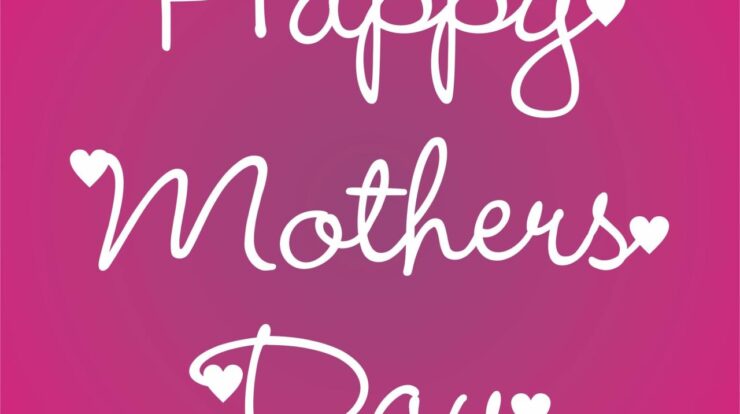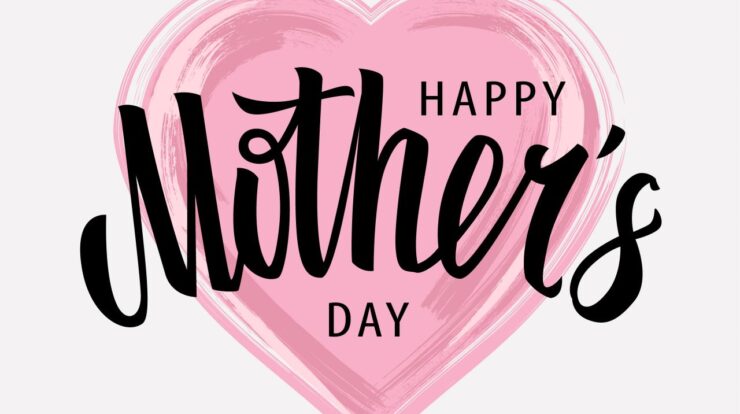
Wrap meaning takes center stage in this captivating exploration, inviting readers to delve into the rich tapestry of a term that has evolved through centuries of linguistic and cultural influences. From its etymological roots to its multifaceted meanings, wrap unveils a captivating narrative that unravels the essence of this versatile word.
Etymologically, wrap traces its origins to the Old English word ‘wrappan,’ meaning ‘to cover or envelop.’ Over time, its semantic range has expanded, encompassing both literal and figurative nuances that have shaped its usage in diverse contexts.
Etymology of ‘Wrap’
The term ‘wrap’ traces its origins back to the Old English word ‘wreppan,’ meaning ‘to cover’ or ‘to enclose.’ This root is also shared with the German ‘werfen,’ meaning ‘to throw’ or ‘to cast.’ Over time, the meaning of ‘wrap’ evolved to encompass the idea of enveloping something, either physically or figuratively.
Linguistic Roots and Influences, Wrap meaning
The etymology of ‘wrap’ reveals its diverse linguistic influences. The Old English ‘wreppan’ is related to the Proto-Germanic ‘wripan,’ suggesting a common Germanic origin. Additionally, the word ‘wrap’ has been influenced by the French ‘wrapper,’ which entered the English language in the 14th century, further enriching its semantic range.
Semantic Shifts and Connotations
The semantic evolution of ‘wrap’ has resulted in a range of connotations associated with the word. In its primary sense, ‘wrap’ denotes the act of covering or enclosing something. However, it can also imply a sense of protection, concealment, or preparation.
Denotative Meanings of ‘Wrap’
The primary denotative meanings of ‘wrap’ include:
- To cover or enclose something with a material, such as paper, cloth, or plastic.
- To envelop or fold something around itself, such as a scarf or blanket.
- To prepare food by enclosing it in a covering, such as dough or pastry.
- To cover or protect something from damage or exposure, such as wrapping a fragile item in bubble wrap.
| Denotative Meaning | Example |
|---|---|
| Cover or enclose | She wrapped the gift in colorful paper. |
| Envelop or fold | He wrapped the scarf around his neck. |
| Prepare food | She wrapped the chicken in bacon before roasting it. |
| Cover or protect | The antique vase was wrapped in layers of tissue paper. |
Figurative Meanings of ‘Wrap’

Beyond its denotative meanings, ‘wrap’ also carries several figurative meanings:
- To envelop or surround someone or something in a particular emotion or atmosphere, such as wrapping someone in a warm embrace.
- To conceal or hide something, such as wrapping up a secret.
- To finish or complete something, such as wrapping up a project.
- To express something in a particular way, such as wrapping up a speech.
- Envelop in emotion:The audience was wrapped in laughter during the comedian’s performance.
- Conceal:She wrapped her true feelings in a cloak of indifference.
- Finish:The team wrapped up the project on time and within budget.
- Express:The speaker wrapped up her speech with a powerful call to action.
Closing Summary: Wrap Meaning

In contemporary usage, wrap continues to evolve, reflecting the ever-changing landscape of language and culture. Social media, technology, and popular culture have influenced its meaning, giving rise to innovative and unconventional applications. As a literary device, wrap empowers authors and poets to create vivid imagery and convey profound emotions, adding depth and resonance to their works.
FAQ Resource
What are the different denotative meanings of wrap?
Wrap can refer to the act of covering or enveloping something, as in wrapping a gift or wrapping oneself in a blanket. It can also mean to enclose or surround something, such as wrapping a bandage around a wound or wrapping a fence around a property.
How is wrap used figuratively?
Wrap can be used figuratively to describe the act of concealing or hiding something, as in wrapping up a secret or wrapping up a lie. It can also mean to conclude or finish something, as in wrapping up a meeting or wrapping up a project.
What are some cultural connotations of wrap?
In some cultures, wrapping is associated with protection and security, as in the practice of wrapping newborns in blankets. In other cultures, wrapping is seen as a symbol of respect and honor, as in the tradition of wrapping gifts in elaborate paper or cloth.





